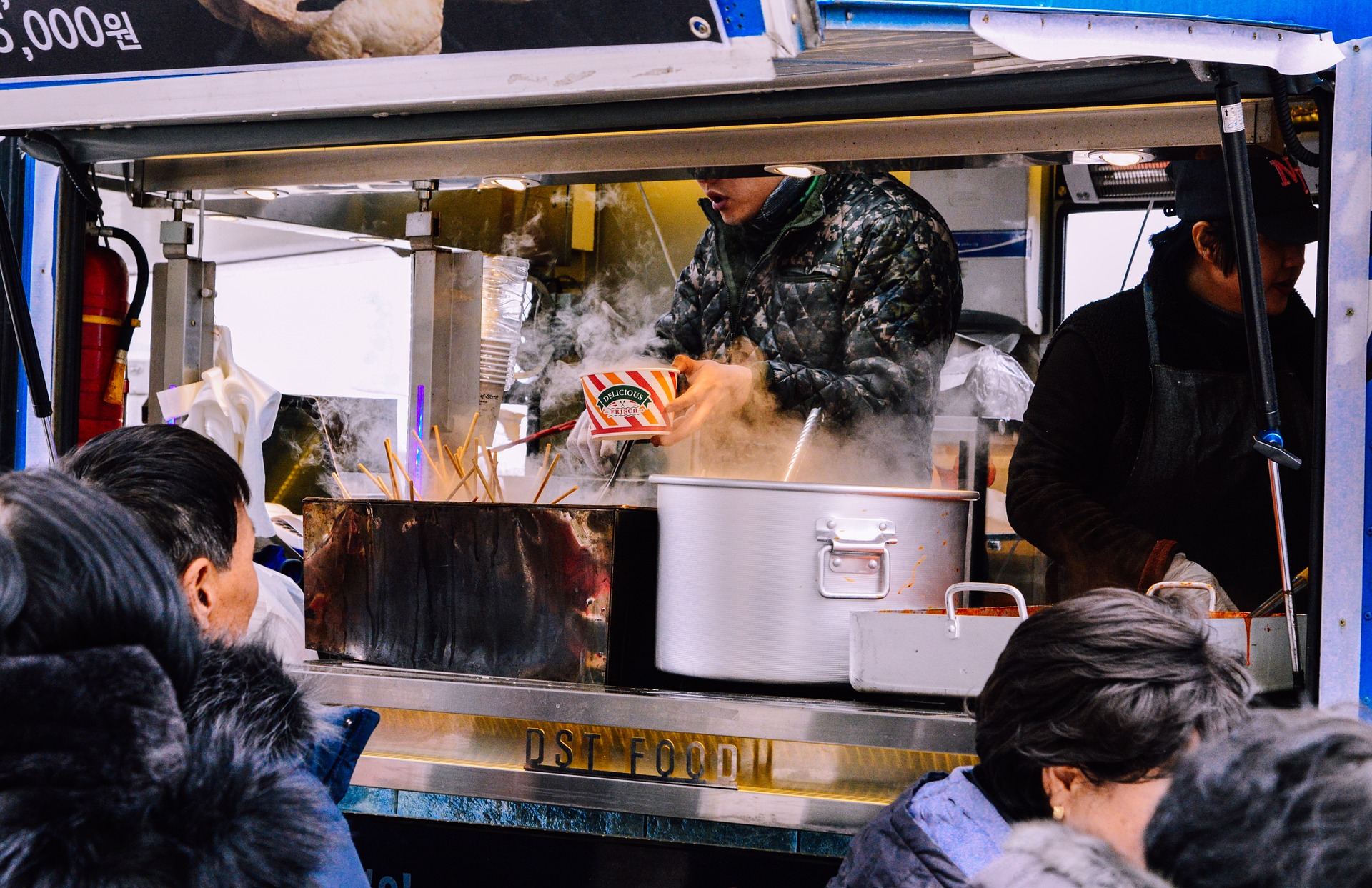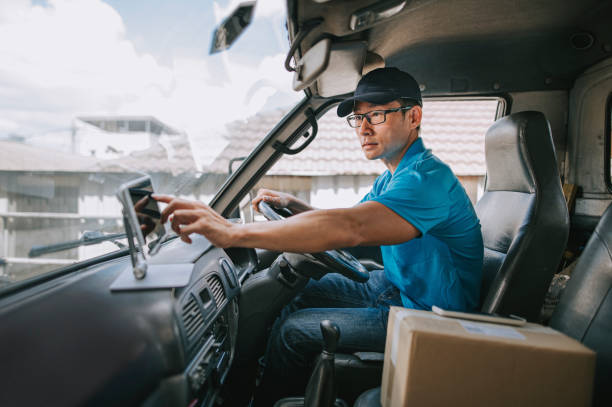What to Know Before Getting a Food Truck
A food truck offers freedom and creativity but also comes with costs and planning. Whether you're checking prices or exploring trucks for sale, understanding the basics helps you prepare for what it really takes to get started in this mobile business.

What Is the Typical Price Range for a Food Truck?
Food truck prices can vary dramatically depending on multiple factors. A new food truck typically ranges from $50,000 to $175,000, with used trucks starting around $30,000 and fully customized options reaching up to $250,000. The total investment includes not just the vehicle, but also kitchen equipment, initial inventory, permits, and necessary modifications.
| Truck Type | Price Range | Key Considerations |
|---|---|---|
| Used Food Truck | $30,000 - $75,000 | May require additional repairs |
| New Standard Food Truck | $75,000 - $125,000 | Basic equipment, standard design |
| Custom Fully Equipped Truck | $125,000 - $250,000 | Advanced kitchen, specialized features |
Prices, rates, or cost estimates mentioned in this article are based on the latest available information but may change over time. Independent research is advised before making financial decisions.
Things to Check Before Buying a Food Truck
Purchasing a food truck involves more than just selecting a vehicle. You’ll need to thoroughly inspect the truck’s mechanical condition, kitchen infrastructure, and compliance with local health regulations. Critical checks include evaluating the engine’s condition, assessing kitchen equipment functionality, and ensuring the truck meets local health department standards for mobile food preparation.
How to Plan for Startup Costs
Startup costs extend far beyond the truck’s purchase price. Budget for expenses like commercial kitchen equipment, initial ingredient inventory, marketing, insurance, and ongoing maintenance. Most entrepreneurs should plan for at least $75,000 to $100,000 in total startup costs, with an additional 20% buffer for unexpected expenses.
Legal and Regulatory Considerations
Navigating the legal landscape is crucial for food truck success. You’ll need multiple permits, including a business license, food service permit, health department certification, and potentially special mobile vending licenses. Each city and state has unique requirements, so research local regulations thoroughly before investing.
Essential Equipment and Customization
A successful food truck requires strategic equipment selection. Consider compact, multi-functional appliances designed for mobile kitchens. Essential items typically include a commercial-grade refrigerator, cooking equipment, prep stations, and storage solutions. Custom interior design can maximize limited space while ensuring efficient food preparation.
Marketing and Location Strategy
Your food truck’s success depends on visibility and strategic location selection. Develop a strong social media presence, participate in local events, and identify high-traffic areas compatible with mobile food vending. Building a recognizable brand and understanding local market preferences will be key to sustainable growth.
Food truck entrepreneurship offers an exciting path for culinary professionals and business-minded individuals. While the journey requires significant investment and careful planning, the potential for creativity and financial success makes it an attractive venture for many passionate food service professionals.




